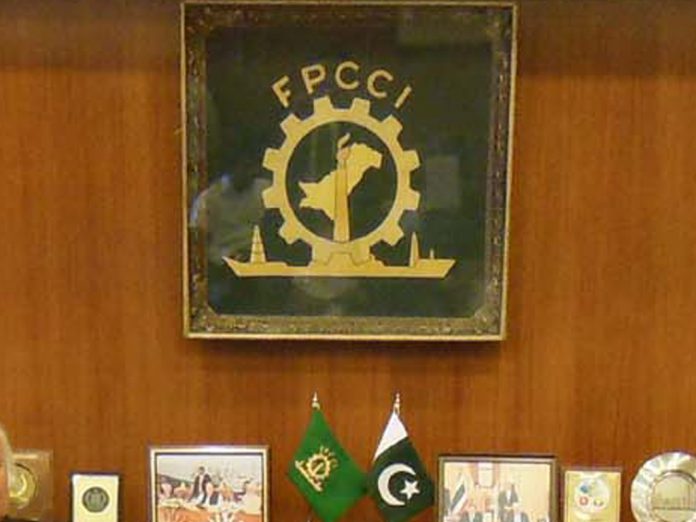KARACHI: Keeping in view the prevalent inflation, devaluation of currency and twin deficit in Pakistan, Federation of Pakistan Chambers of Commerce and Industry (FPCCI) President Eng Daroo Khan Achakzai has expressed serious concerns over the recent hike in policy rate by another 25 basis points.
“The State Bank of Pakistan continues to operate a tight monetary policy by increasing the policy rate by 4.50pc in one year despite clear evidence that this policy, besides hampering economic activities, would strangulate investments in Pakistan,” he said in a statement. “The statistics clearly show that investment to GDP in Pakistan is very lower, i.e. 16.4pc, as compared to 22.5pc in 2007. In comparison, the investment to GDP ratio in India is 30pc and in Bangladesh 31pc.”
The FPCCI president termed the contractionary monetary policy as an “anti-investment policy”. He said that the decline in the economic activities in the first six month of the current fiscal year was due to the lack of growth in large-scale manufacturing sectors, particularly textile, food and beverages, petroleum, iron, pharmaceutical, electronics, and wood industries.
He indicated that the 10.5pc policy rate was very high as compared to regional economies like India (6.5pc), China (4.35pc), Sri Lanka (9pc), Thailand (1.75pc), Indonesia (6.5pc) and Malaysia (3.25pc).
The FPCCI president stated that the present inflation rate was 6pc, which was high when compared to last year’s rate of 3.8pc. “This is cost-push inflation which can’t be controlled through demand management policies,” he asserted.
The major cause of rising inflation included the high cost of doing business, particularly utility prices, an increase in the prices of industrial inputs and the shortage of essential items of daily necessity, Achakzai noted, adding that the government should focus to increase the demand for credit by declining the interest rates and by making easy access to finance.
Globally, the aim of monetary policy is to protect the value of the currency in coordination with the fiscal policy so that objectives of macro-economic stability could be achieved, inflation could be constrained while private sector investment could be enhanced, he remarked.
The FPCCI president further stated that the government should create its own fiscal space in order to finance its expenditures instead of borrowing from SBP and other institutions.
During the first six months, he said, there was an expansion in the private sector credit but it was largely attributed to high cost of raw materials (cotton, petroleum products, etc), continuation of capacity expansion in the power sector and construction-allied industries.
This private sector credit should be expanded to other industries that were showing a decline in the growth trend, he suggested.
























